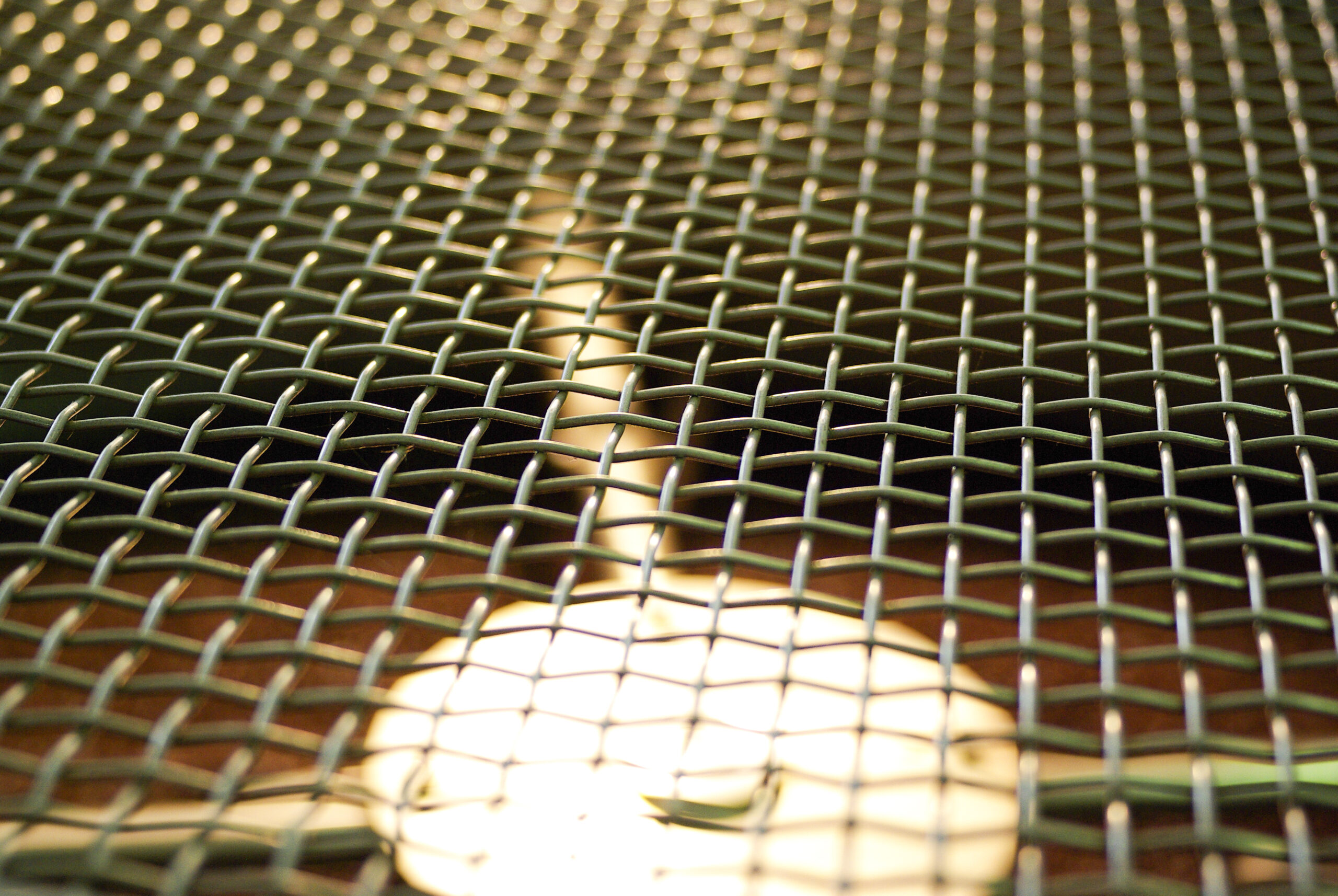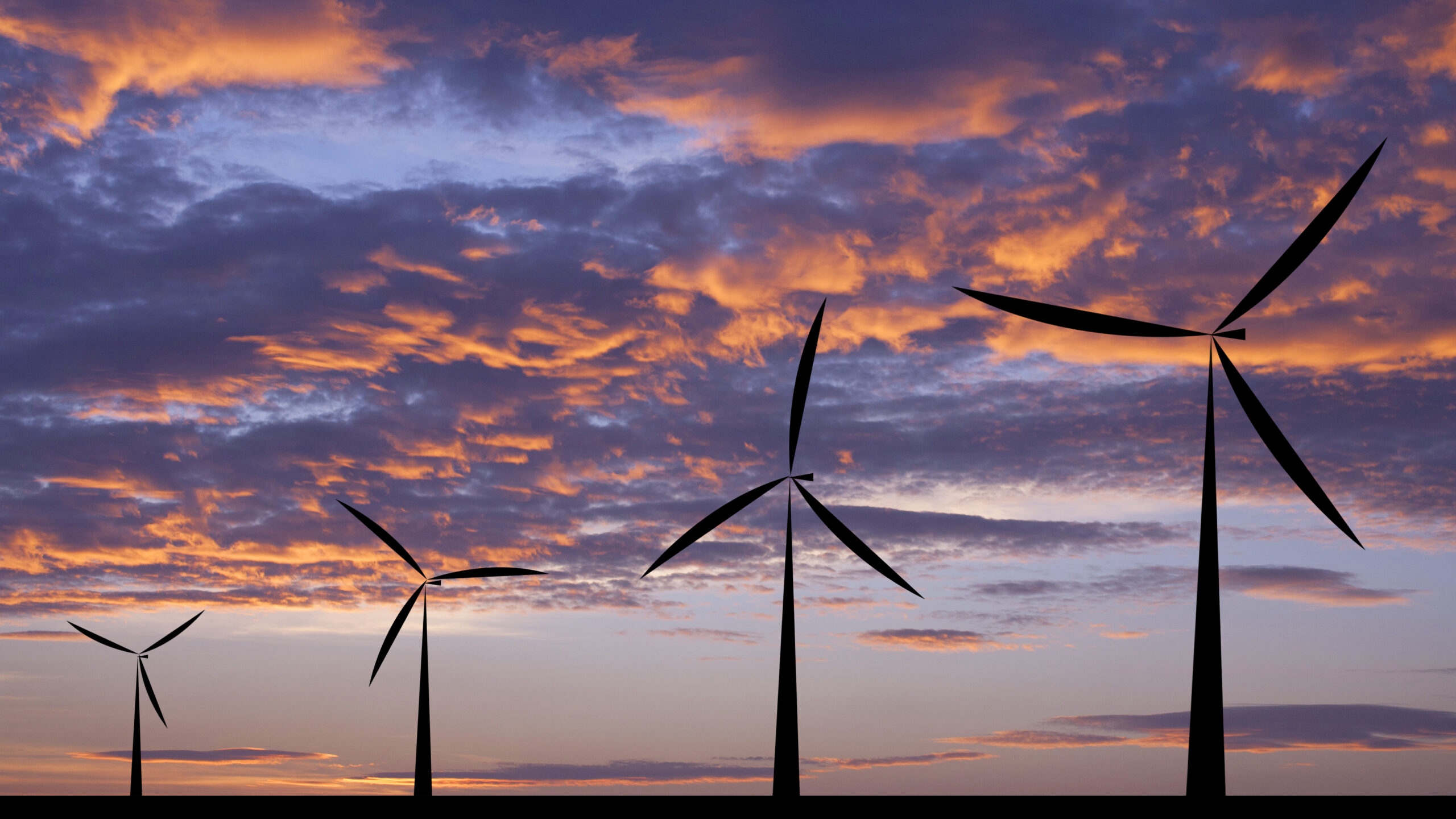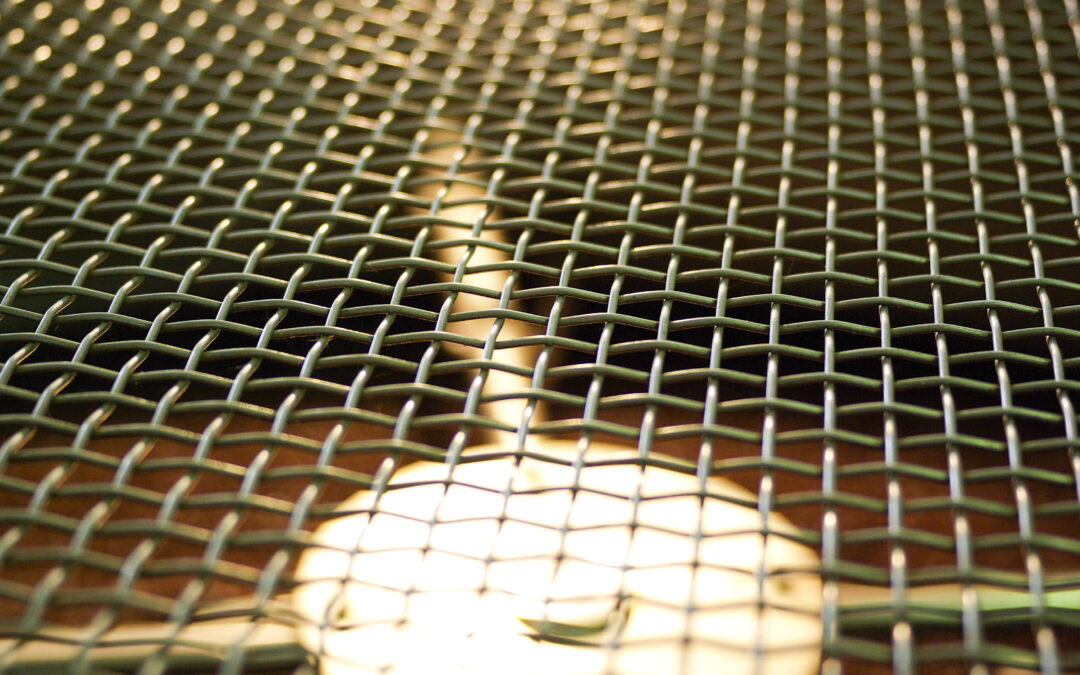Are you tired of relying on others for your basic needs? Do you want to live a more sustainable and self-sufficient life? If so, then living off the grid may be just what you’re looking for. In this article, we’ll cover everything you need to know about self-reliance, from homesteading and sustainable farming to alternative energy sources and natural remedies. Let’s get started!
Introduction to Self-Reliance
Living off the grid is all about taking control of your life and becoming self-sufficient. It involves reducing your dependence on modern conveniences like electricity, running water, and grocery stores in favor of more traditional methods. By learning how to provide for yourself, you can become more resilient in the face of unexpected challenges like job loss or natural disasters.
Why Living Off the Grid is Important
There are many reasons why people choose to live off the grid. For some, it’s a desire to reduce their carbon footprint and protect the environment. Others are drawn to the simplicity and independence of rural life. Still, others see it as a way to prepare for potential emergencies like economic collapse or pandemics. Whatever your reason, living off the grid can be a rewarding and fulfilling lifestyle choice.

The Basics of Homesteading and Sustainable Farming
Homesteading is an essential part of self-reliance. It involves growing your own food, raising livestock, and producing goods like soap and candles. Sustainable farming practices help ensure that your land remains productive over time, without depleting its resources. This includes techniques like crop rotation, composting, and using natural pesticides and fertilizers.
Alternative Energy Sources for Your Home
One of the biggest challenges of living off the grid is finding alternative energy sources to power your home. Solar panels and wind turbines are popular options, but there are also less conventional choices like geothermal heating and hydroelectric power. The key is to find a system that works best for your specific location and needs.

Water Collection and Purification Techniques
Access to clean drinking water is critical when living off the grid. Water collection techniques include rainwater harvesting, well drilling, and spring hunting. Once you have collected the water, purification methods like boiling, filtration, and distillation can make it safe to drink.
Building a Self-Sufficient Food Supply
Growing your own food is an integral part of self-reliance. This means cultivating crops like vegetables and grains, as well as raising animals for meat, milk, and eggs. Canning and preserving techniques can help extend the shelf life of your produce, while seed saving can ensure that you always have fresh seeds for future plantings.
How to Make Your Own Natural Remedies
When living off the grid, medical care can be hard to come by. That’s why it’s important to learn how to make your own natural remedies using herbs and other plants. Common treatments include tinctures, salves, and teas made from ingredients like echinacea, chamomile, and garlic.
Preparing for Emergencies and Disasters
No matter where you live, emergencies and disasters can happen. When living off the grid, it’s even more crucial to be prepared. This includes having a stockpile of supplies like food, water, and medicine, as well as knowing how to defend yourself against wildlife and intruders.
Raising Livestock for Meat, Milk, and Eggs
Finally, raising livestock is an essential component of self-reliance. Animals like chickens, goats, and cattle can provide meat, milk, and eggs, which can be used for sustenance or sold for income. Learning how to properly care for and breed these animals is critical to success.
In conclusion, living off the grid can be a rewarding and empowering experience. By mastering skills like homesteading, sustainable farming, and natural remedy making, you can become more self-sufficient and better prepared for whatever life throws at you.





